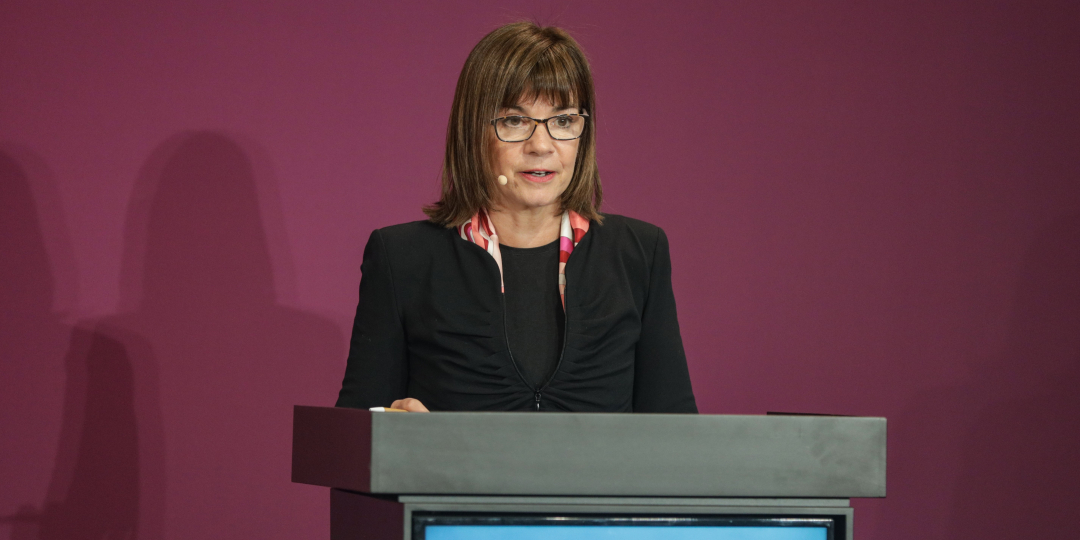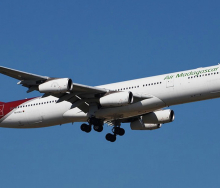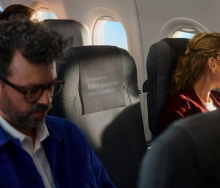The World Travel and Tourism Council (WTTC) has launched its Hotel Sustainability Basics verification programme, a globally recognised set of 12 criteria that all hotels can easily implement to drive sustainable travel and tourism.
Announced at ITB Berlin on March 6, Basics was developed in collaboration with influential global hotel groups, hospitality sustainability experts, OTAs and destinations representing tourist accommodation sites in over 100 countries.
According to WTTC President and CEO, Julia Simpson, the 12 key criteria are designed to serve as a stepping-stone to more complex sustainability schemes.
“The initiative is a response to the sector’s need for a baseline for hotels and other tourist lodgings to start their sustainability journeys. Our research shows that most business owners are aware of their responsibility to the environment but many sustainability practices, such as efficient water use initiatives are patchy. Basics fills the gap by creating that level playing field for the sector,” said Simpson.
Efficiency, planet, people
The 12 key criteria fall under the overarching themes of efficiency (robust approaches to measuring and reducing energy and water consumption, waste and carbon emissions) planet (fundamental actions to protect the environment) and people (fundamental actions toward a positive contribution to communities). Under these categories, the measured criteria are as follows:
Efficiency
- Measure and reduce energy use
- Measure and reduce water use
- Identify and reduce waste
- Measure and reduce carbon emissions.
Planet
- Linen reuse programme
- Green cleaning products
- No plastic straws or stirrers
- No single-use plastic water bottles
- Bulk amenity dispensers.
People
- Community benefit
- Reduce inequalities.
For benchmarking purposes, WTTC carried out an extensive international survey through the Green Lodgings Trends Report, learning from 27 000 accommodation providers on how they are currently faring with the 12 criteria. This will serve as a benchmark to track the progress of Basics over time.
The survey found that almost 100% of accommodation providers implemented at least one initiative to reduce inequality and 96% have adopted linen reuse programmes. Two-thirds of those surveyed have already begun to eliminate the use of certain single-use plastics such as straws and implementing other waste-reduction initiatives.
In order to ensure the validity of the programme, WTTC partnered with Green Key and SGS to develop a simple online verification system to allow hotels to provide evidence and ensure they are following the Basics.
The verification scheme enables hotels and other tourist accommodation to be officially verified for meeting eight of the 12 criteria in the first year and demonstrate their commitment to working toward all 12 of the criteria by year three.
Global partners
Inge Huijbrechts, Global Senior Vice President of Sustainability, Security & Corporate Communications at Radisson Hotel Group, one of the six inaugural partner hotel brands, said the group would aim to implement Basics in its 1 100 hotels by 2025.
“Hotel Sustainability Basics is filling a new and unanswered demand in the hotel industry: to provide a solid, trusted and clear label for essential hotel sustainability. It’s important we define responsible travel to preserve the planet and protect communities. With Hotel Sustainability Basics we offer the traveller a clear sustainable stay option for all types of hotels around the world.”
Countries such as Mauritius, Belize, Colombia and Azerbaijan have also become the first destination partners to officially commit to ensuring that hotels implement the criteria.















